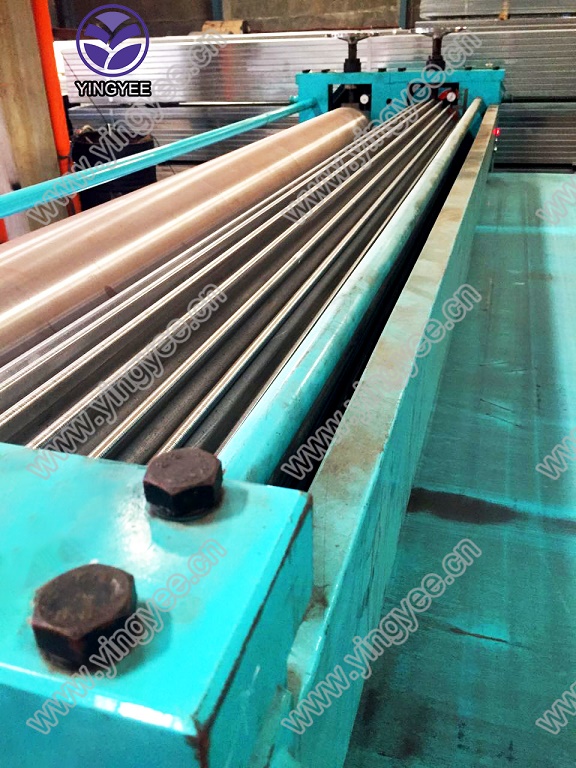
The Nut and Bolt Thread Rolling Machine An Overview
In the fast-paced world of manufacturing, efficiency and precision are paramount. One of the most critical aspects of construction and machinery assembly is the creation of nuts and bolts, which play an essential role in fastening components together. To meet the high demand for these essential hardware items, the nut and bolt thread rolling machine has emerged as a vital player in modern manufacturing processes.
What is a Thread Rolling Machine?
A thread rolling machine is a specialized piece of equipment designed to create threads on cylindrical objects, primarily used for producing nuts and bolts. Unlike traditional cutting methods, thread rolling forms the threads through a process of deforming the material, which helps maintain the integrity of the metal and improves its mechanical properties. This method offers several advantages, including faster production rates, improved thread accuracy, and enhanced strength due to the work-hardening effect of the material.
How Does It Work?
The operation of a nut and bolt thread rolling machine revolves around a few fundamental components the rollers, the feed mechanism, and the control system. The process begins with a cylindrical blank, usually made of steel or other strong metals, being fed into the machine. The machine employs two or three cylindrical rollers that are precisely shaped to create the desired thread profile.
As the rollers rotate, they press against the blank and apply significant force, displacing the material to form threads. The speed and pressure exerted by the rollers can be adjusted depending on the desired thread specifications and material characteristics. This versatility makes thread rolling machines suitable for a variety of applications, from producing standard fasteners to custom-thread solutions.
Advantages of Thread Rolling

One of the key benefits of using a thread rolling machine is the reduction in waste. Because this process does not involve cutting away material but rather reshaping it, it dramatically decreases the scrap produced during manufacturing. Furthermore, the impact of the rolling process causes the metal fibers to become more aligned, which enhances the tensile strength and fatigue resistance of the finished product. Consequently, nuts and bolts produced through this method are not only precise but also capable of withstanding greater loads.
Additionally, the thread rolling process contributes to a smoother surface finish on the threads. This quality reduces the likelihood of galling and ensures better assembly without the need for extensive secondary operations. The minimal need for post-processing not only saves time but also lowers manufacturing costs, making it a financially appealing option for producers.
Applications
Nut and bolt thread rolling machines are widely used across various industries, including automotive, aerospace, construction, and electronics. They are essential for fabricating fasteners that are needed in critical applications where reliability and safety are paramount, such as in structural engineering and machinery assembly.
Moreover, with the rise of automation and smart manufacturing technologies, many thread rolling machines are now equipped with advanced control systems that allow for real-time monitoring and adjustment of the production process. This integration of technology ensures that manufacturers can maintain high quality while adapting quickly to changes in demand or specifications.
Conclusion
The nut and bolt thread rolling machine is a cornerstone of modern manufacturing, providing an efficient, economical, and reliable method for producing high-quality fasteners. With its ability to improve product strength and surface finish while minimizing waste, it has become an invaluable asset in a competitive market. As industries continue to evolve, the importance of such machines will only grow, underscoring their role in the future of manufacturing.